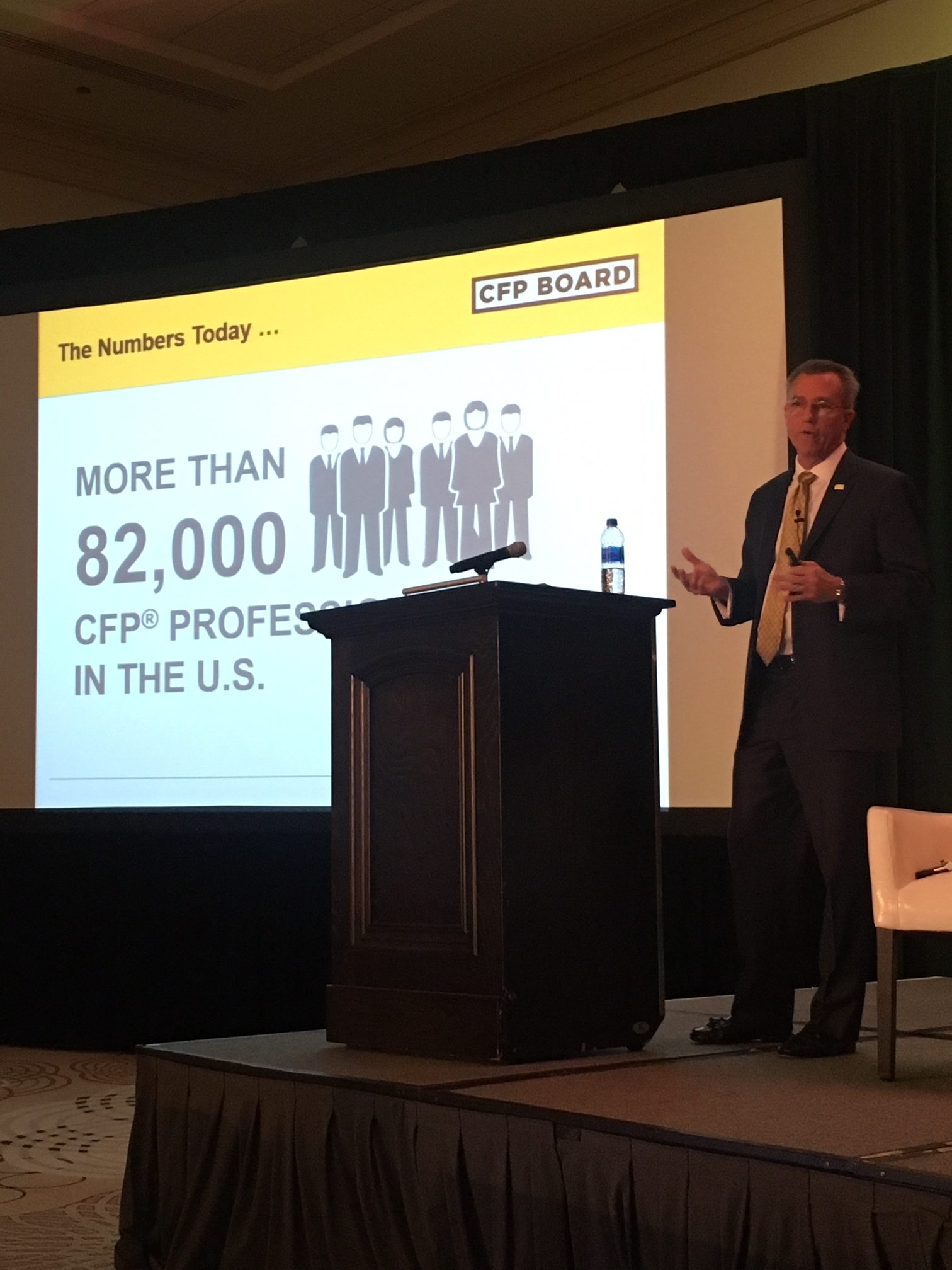Should I buy gold to protect against a dollar collapse?
No, you should not buy gold for fear of a dollar collapse. As the video discusses, this pitch is rubbish. Heck, you probably shouldn’t buy gold aside from coin collections and jewelry for personal use. Many unbiased experts don’t even consider gold an investment.
Once we stop giving gold salesmen attention, we find other parties that tout gold, other metals and commodities as good hedges against inflation. A scientific examination of actual data suggests some commodities, including gold, are not well correlated to inflation at all. In August of 2010, the Wall Street Journal reported that Ibbotson and Associates calculated the correlation between gold and inflation since 1978 at a mere .08, meaning there was no direct relationship at all.
Further, commodities are far more volatile than stocks. Conservative or skittish investors may find that adding these assets to a portfolio causes more stress than they can bear.
True prudent investors should also consider the economic argument against holding commodities. Unlike stocks, commodities do not generate earnings or create business value. Unlike bonds, they offer no income. As Warren Buffet put it, “(Gold) gets dug out of the ground in Africa, or someplace. Then we melt it down, dig another hole, bury it again and pay people to stand around guarding it. It has no utility. Anyone watching from Mars would be scratching their head.”
(Gold) gets dug out of the ground in Africa, or someplace. Then we melt it down, dig another hole, bury it again and pay people to stand around guarding it. It has no utility. Anyone watching from Mars would be scratching their head. – Warren Buffet
Making News…
We frequently produce Q&A columns for Florida Today and MarketWatch, a personal finance website of the Wall Street Journal, as well as pieces for Investopedia, Orlando Sentinel, Financial Advisor magazine and others. Here is a sampling from the last three months.
Derrick Chandler, Charlie Fitzgerald, Tommy Lucas and Mike Salmon participated in the annual Ask An Expert hotline at the Orlando Sentinel in October. They answered questions on a variety of topics including how to max out contributions to a 401(k) in a short period of time, whether to rollover an old 401(k) into a new employer plan or an IRA, whether to enroll in traditional Medicare and take out a Medigap policy or enroll in a Medicare Advantage plan, and why a product hawked on the radio touting high returns with no risk is in fact too good to be true.
In the News…
Mike Salmon


Things We Found of Note
The 2.8% cost of living increase for Social Security benefits in 2019 is the largest since 2012.
30% of tax returns claimed itemized deductions in previous years. After new tax law, only 13% of filers will itemize. (National Council on Nonprofits and Tax Policy Center)
Credit freezes are now free: As of September 21st, there are no fees to freeze or unfreeze your credit reports. A freeze prevents anyone from opening new credit in your name. When you need a new mortgage, car loan or other credit simply unfreeze your report until your application is submitted, then re-freeze it. Don’t let this extra step prevent you from utilizing this significant deterrent to identity theft. Here are links to the freeze ages of the three major credit bureaus:
• TransUnion: Visit TransUnion.com/credit-freeze. The company also has a free-freeze mobile app called myTransUnion, available at the Google Play Store and the Apple App Store.
• Equifax: Visit https://www.Equifax.com/personal/credit-report-services/. Or call its automated line at 800-685-1111.
• Experian: Visit www.Experian.com/freeze. Or call 1-888-EXPERIAN (1-888-397-3742).

